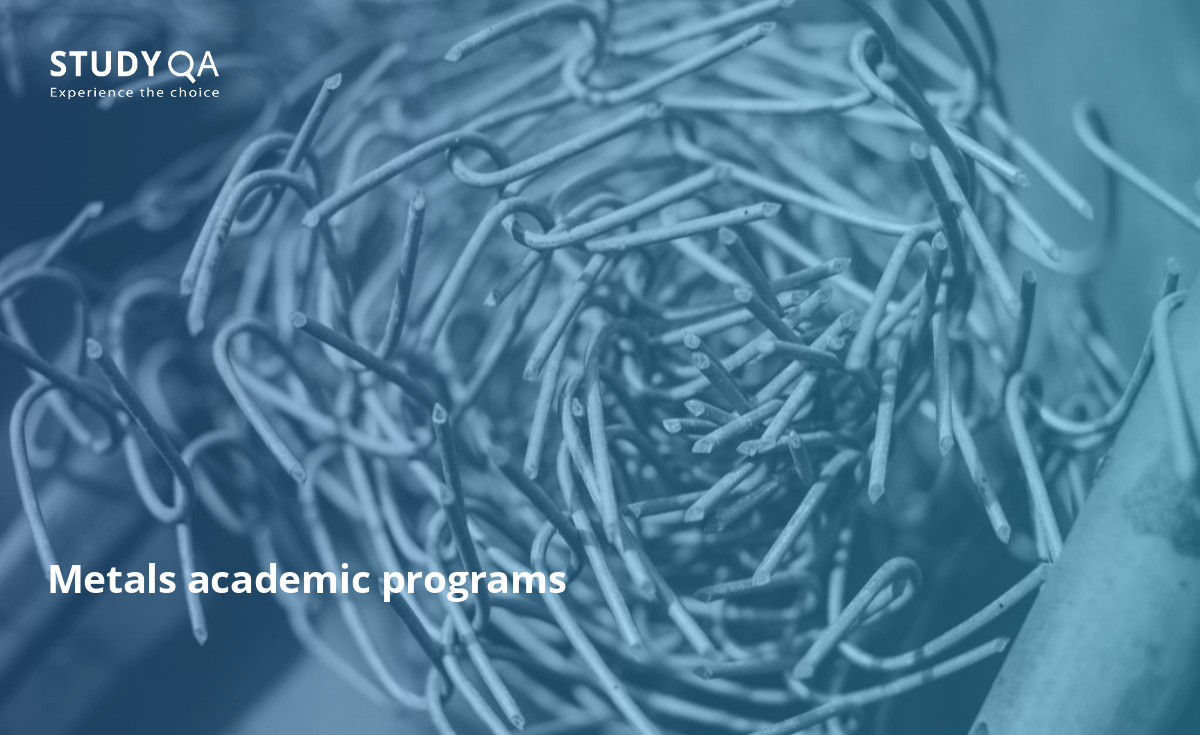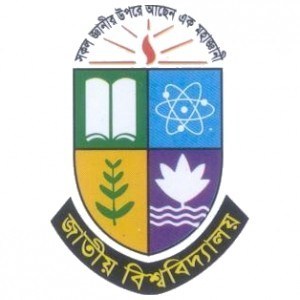Metals is a domain of materials science and engineering that studies the physical and chemical behavior of metallic elements, their inter-metallic co...
Metals is a domain of materials science and engineering that studies the physical and chemical behavior of metallic elements, their inter-metallic compounds, and their mixtures, which are known as alloys. Metals encompasses both the science and the technology of metals; that is, the way in which science is applied to the production of metals, and the engineering of metal components used in products for both consumers and manufacturers. Metals is distinct from the craft of metalworking. Metalworking relies on metallurgy in a similar manner to how medicine relies on medical science for technical advancement. A specialist practitioner of metallurgy is known as a metallurgist.

Metals is a scientific discipline that studies the behavior of chemical metals and how this can be applied for practical purposes. Initially the phrase was used by alchemists as a term to describe the extraction of metals form minerals and is derived from the ancient Greek phrase “metallourgos” meaning worker of metal. These days the subject of Metals as progressed to cover a wide range of sub-disciplines such as the extraction of metals, production of metals and microstructure:
Materials science, corrosion and protection of metals, solid state physics, ferrous metallurgy, nonferrous metallurgy, thermal treatment of metals, mechanical properties of metals, physical fundamentals of strength, physical properties of metals, thermal equipment, automation of heating processes, computer design of thermal treatment processes, diffusion surface saturation, theory of thermal treatment, high-speed methods of heating in thermal treatment, non-equilibrium crystallization, extractive metallurgy in relation to multi-component systems, methods for monitoring and analysis of materials.
As graduates they can undertake research, production and technology and project-based activities. The department of Materials Science and Physicochemistry of Materials is equipped with modern equipment for laboratory and research work as well as final bachelor's work: optical and electron microscopes, test equipment (tensile machines, impact machines, hardness testers), instruments and machines for determining physical properties, equipment for obtaining new materials and their processing.
The focus of theses written by metal scientists is research, production and technology. The data used for theses is often taken in the course of internship (internal and at an enterprise/plant). Students of Metals Studies, thanks to their thorough scientific and practical training at the university, are in high demand in both large and relatively small enterprises; due to the expanding range of metallurgical and machine-building products, including the military-industrial complex, metal scientists are needed at all stages of production.
Further study opportunities: master’s and PhD programs Metal Science and Thermal Treatment of Metals ( as a rule both full time and part time are available). Usually masters combine their training with internship or work in enterprises. Their master’s degree thesis is connected to the field of activity of the enterprise in which they work. After graduation masters can continue their studies and enroll into a postgraduate course.
Study programs (18)
Student Accommodation
Norwegian University of Science and Technology
Norges teknisk-naturvitenskapelige universitet
Slovak University of Technology in Bratislava
Slovenská technická univerzita v Bratislave
















